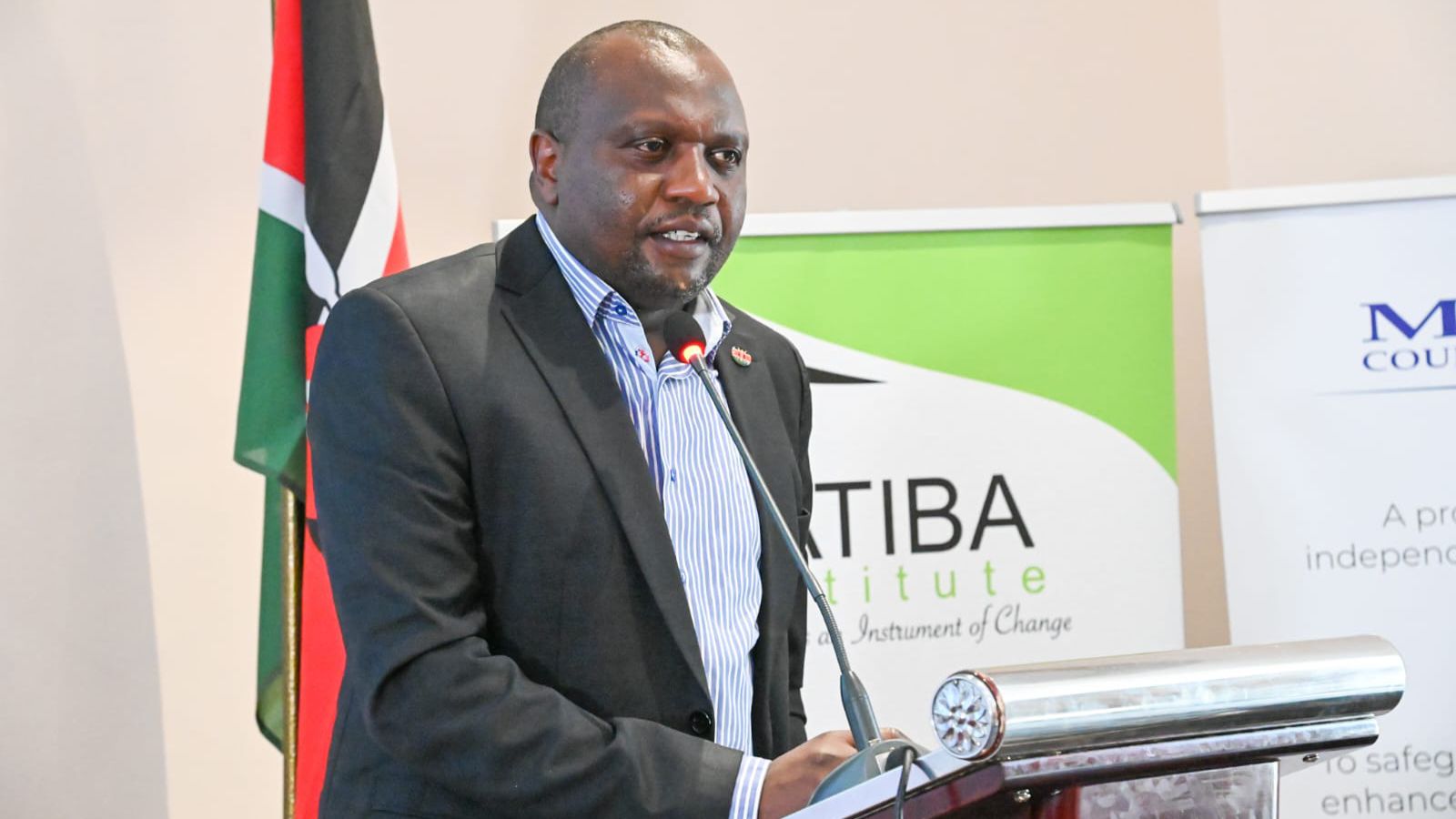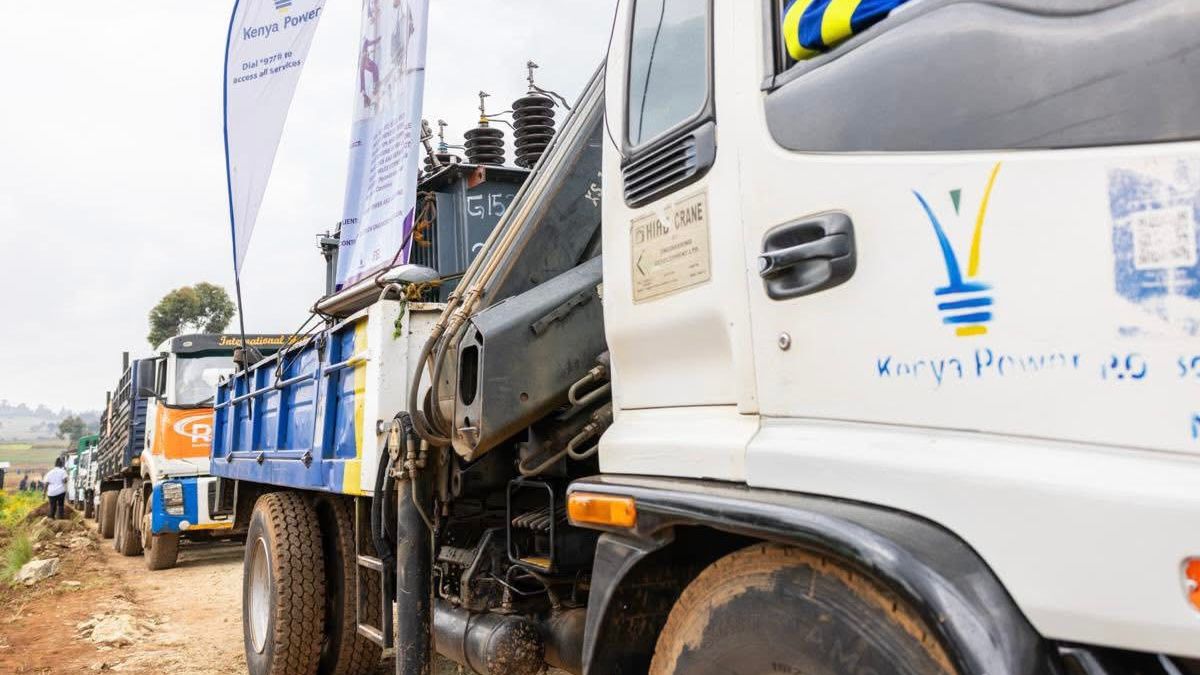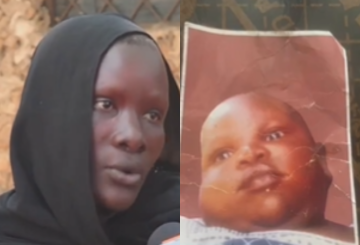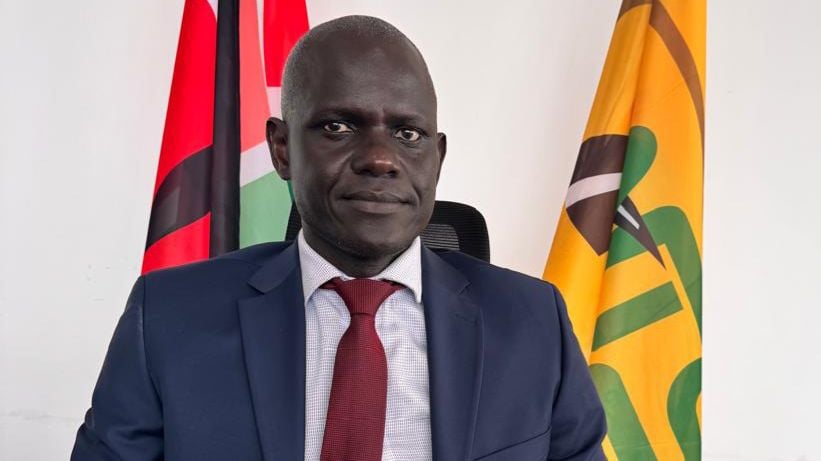The Media Council of Kenya (MCK) on Monday, November 3, held an event at the Sarova Woodlands Hotel in Nakuru to mark this year's International Day to End Impunity for Crimes Against Journalists.
This year’s theme, "Chat GBV: Raising Awareness on AI-Facilitated Gender-Based Violence Against Women Journalists," took center stage at the event, with discussions focusing on the growing misuse of technology to target female journalists.
Speaking during the event, MCK CEO David Omwoyo highlighted the day’s significance, noting that it should serve as a moment of reflection rather than celebration.
"This is not a day of celebration. It is ideally a day of reflection. Despite having a day dedicated to fighting impunity, crimes are still being committed, what with the stark reality of press violations in Kenya: in 2024, we recorded 130 incidents, a figure that dropped to 92 in 2025," he said.
Omwoyo noted that although the number of violations had decreased, the decline did not necessarily indicate progress in press freedom.
Read More
"This decline, I submit, is no cause for celebration; it reflects the extraordinary unrest of 2024, when widespread anti-government protests placed journalists squarely in the line of fire," the MCK CEO stated.
He added, "Prosecution remains an uphill battle. Perpetrators too often evade accountability; digital-security laws are poorly enforced; and cases suffer from inadequate documentation and categorisation."

On the other hand, Katiba Institute Deputy Executive Director Christine Kuria highlighted the grave implications of AI-driven online abuse and digital harassment on press freedom.
"This year’s theme, ‘Chat GBV: Raising Awareness on AI-Facilitated Gender-Based Violence Against Women Journalists,’ highlights a pressing challenge to press freedom today: the misuse of technology to silence women in journalism," she said.
Kuria pointed out that emerging technologies have opened new fronts of intimidation against women in the media.
"Globally and in Kenya, women journalists face new forms of intimidation, including AI-generated disinformation, deepfakes, and online harassment. These attacks are not merely personal; they undermine the very foundation of our constitutional democracy," she stated.
Kuria further noted that such attacks not only harm individual journalists but also threaten the public’s right to access truthful and diverse information.
"When journalists are silenced, the public loses the benefits of accessing accurate information, diverse perspectives, and accountability. In effect, such attacks also infringe on the public’s right of access to information, as enshrined in Article 35," she added.
Mr Temesi Mukani, the Secretary for Information and Broadcasting, Ministry of Information, Communication, and the Digital Economy, said, “This year’s theme underscores how technological advancement, while presenting novel opportunities, simultaneously engenders fresh vulnerabilities for journalists, especially women who frequently encounter online harassment that manifests in tangible, real-world threats.”
Kenya Union of Journalists (KUJ) Secretary General Eric Oduor echoed the call for stronger protection mechanisms for media practitioners.
He urged society to recognize journalism as a profession deserving of safety and respect.
"This is a day to reflect on the events surrounding the safety and protection of journalists. Like any other profession, they deserve a safe environment in which to work and deliver, meeting the public's expectations," he said.
According to UNESCO, between 2006 and 2025, over 1,800 journalists have been killed around the world, with close to 9 out of 10 cases of these killings remaining judicially unresolved.
The 2024 Director-General’s Report on the Safety of Journalists and the Danger of Impunity is a biannual statutory report that analyses the global state of journalist safety and levels of impunity for crimes committed against them in 2022 and 2023.
Over this period, UNESCO recorded 162 killings of journalists, media workers, and social media producers. This was a 38% increase from the previous 2020-2021 biennium, in which UNESCO recorded 117 killings.
"This was partly driven by an increase in the number of killings in conflict countries in 20231, with 44 killings, the highest number since 2018. For the first time since 2017, more than half of all killings occurred in conflict situations, reversing the trend over the previous five years, which had seen a decrease in killings occurring in countries experiencing armed conflict," part of the statement by UNESCO read.



-1771426103.jpg)



